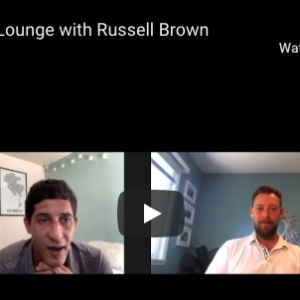Misdemeanor diversion under Penal Code section 1001.95 is possible for most misdemeanor charges. However, it is not available for misdemeanor violations of:
- Penal Code § 273.5 (domestic violence);
- Penal Code § 243(e) (domestic violence battery);
- Penal Code § 646.9 (stalking); or
- Any criminal conviction that requires registration under section 290 (sex offender registration).
Applying for Misdemeanor Diversion
- Ask the prosecutor for diversion. Many prosecutors offices already have a misdemeanor diversion program that they offer to defendants facing non-violent misdemeanor charges. Sometimes the prosecutor will offer diversion before any they file a criminal case. If the prosecutor does press charges, the defendant can still negotiate a diversion program with the prosecutor.
- Ask the Judge for diversion. Under Penal Code section 1001.95, the Judge may grant diversion even over the objection of the prosecutor. If the judge does grant diversion, the defendant must comply with the terms, conditions, and programs as ordered by the Judge.
Benefits of Diversion
If the judge grants diversion, criminal proceedings are suspended. If the defendant complies with all the terms, conditions, and program ordered by the Judge, at the end of the diversion period the judge must dismiss the case against the defendant.
Length of Diversion
Although diversion can be up to 24 months, it typically lasts 6 months to one year. For some prosecutor diversion programs, the length of diversion is 90 days. However, the defendant can ask the Judge to terminate diversion prematurely once they have successfully completed all conditions and programs.
Failing Misdemeanor Diversion
If the defendant does not comply with the terms and conditions of diversion, the judge will hold a hearing to determine whether to resume criminal proceedings. If the judge finds that the defendant has not complied with the terms and conditions, the criminal case against the defendant resumes.
Terms of Diversion
Terms and conditions of diversion are meant to address the criminal allegations. For example, if the charge is drunk in public, the judge could order the defendant to attend AA meetings or an alcohol course. For a petty theft charge, the judge could order the defendant to pay restitution for their damages and attend a theft awareness course.




